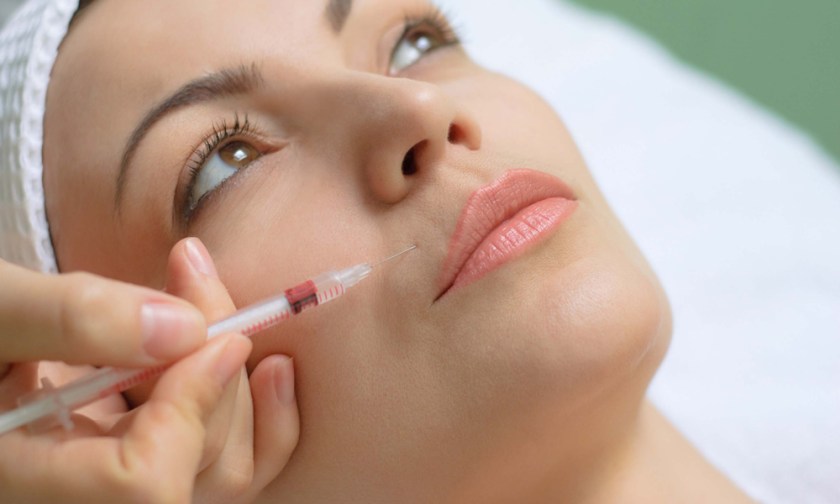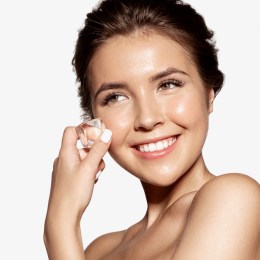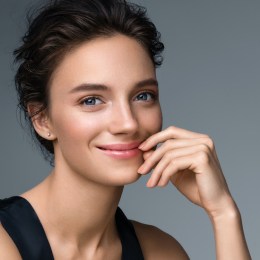Australian women of all ages believe they are under more pressure than men to stay looking young; and that facial attractiveness and perception of age impact their work opportunities.
As a result, the use of non-surgical facial aesthetic enhancements such as dermal fillers and anti-wrinkle injections is on the rise – and while women interviewed for the recent national survey would not judge others for choosing these procedures, they believe they’ll be criticised if they select them for personal use.
The Face Value survey* of 2,008 women aged 20 to 49 conducted on behalf of Allergan Australia, reveals:
- Women’s main motive for improving facial appearance is for themselves: “I feel good and want to look good”.
- The outcome they most desire is to achieve a “best version of myself” versus looking younger.
- Despite rising interest and use, low understanding makes it hard for women to openly explore whether these options are right for them.
While usage and acceptance of products like dermal fillers and anti-wrinkle injections are on the rise, more than two thirds of women (71 percent) appear caught between the social and personal drivers to take steps to look “good for their age”, and concerns that criticism may result if they choose these options – criticism that is in fact unlikely to eventuate.
The findings confirmed overwhelmingly that women are feeling the need to address their appearance – with over two thirds (67 percent) of all women surveyed stating they are under “more pressure than men to stay looking young”.
More than half (61 percent) of respondents aged 35-49 agree “women are increasingly judged on how they present themselves”.
The research also uncovered a general desire for more openness about facial injectable procedures among women, with nearly half (46 percent) of all respondents believing women should be able to be public about their experiences and do so without feeling judged (39 percent).
Nearly half (46 percent) of all respondents also said they would be supportive if a friend was considering these procedures and a further 37 percent would be neutral. Only 17 percent say they’d actively discourage them.
More than two thirds of women in the survey (71 percent) said they would expect judgement for using an injectable treatment, citing reasons to keep it private including:
- Being viewed as “false or superficial” (24 percent)
- Being made to feel “vain or self- indulgent” (16 percent)
- Fearing “people talking negatively about me behind my back” (12 percent).
And if asked whether they had had a procedure, 41 percent of female respondents (aged 35-39) said they would change the subject or tell a “white lie” – only 37 percent would be truthful and admit to it.
“What’s very interesting is that women may be over-\estimating the potential for a negative response from friends, family and workmates, when they consider injectable options,” said Dr Steven Liew, internationally recognised plastic surgeon and founder of the Shape Clinic in Sydney.
“There is clear empathy and greater support now among women, which indicates the actual level of ‘judgement’ that exists is largely internal.
“What many women may also not appreciate is that the sophisticated and modern techniques we use can generate very subtle, refreshed results – everyone will notice but no one will know.”
The research found approximately six percent of 20 to 49-year-old women are using facial injectables (dermal fillers and/or anti-wrinkle injections) equivalent to more than 600,000 women – but knowledge levels remain low:
- One in five (21 percent) of the women in the survey confirmed they are considering dermal fillers
- Yet over one third (31 percent) admitted they are not aware of them.
“As a specialist in this area, I feel the more honest discussion and accurate information that’s out there, the better for women who are using these products or are considering them,” said leading cosmetic physician Dr Cath Porter, also a spokesperson for the Cosmetic Physicians College of Australasia (CPCA).
“We’ve had anti-wrinkle injections in Australia for 25 years now and dermal fillers for 15-plus years but there’s an obvious mismatch between the level of criticism women feel they’ll receive, and the positive results that can be achieved.
“Our community’s perceptions of these products are a good 10 years behind real-world use.
“In Australia, we are known for delivering sophisticated, natural-looking outcomes, in stark contrast to some of the myths and stereotypes that unfortunately persist.
“Our level of public discussion about these options needs to come up to a similar level of sophistication now in my view.”
Dr Steven Liew added: ‘‘The Face Value Survey results show Australian women appear to lack knowledge about some products and procedures.
“To get the subtle, natural result many Australian women hope for, it’s critical that they are well informed, doing research into the options, being clear in what they want to achieve and talking to a qualified, specialist trained doctor about an individualised plan, before committing to treatment.”
- Bell Kennedy conducted online interviews with 2,008 women aged 20-49 nationally for the Face Value survey. Fieldwork was conducted from August 13-September 14, 2016 on behalf of Allergan Australia
- About Allergan: Allergan markets a portfolio of high quality products that provide valuable treatments for the central nervous system, eye care, medical aesthetics, gastroenterology, women’s health, urology, cardio- vascular and anti-infective therapeutic categories. Its medical aesthetics portfolio includes dermal fillers such as the Juvederm suite, and the neurotoxin pioneer, Botox.




